True West by Sam Shepar Essay
Saul kimmer, the old man.
This is an American play written by Sam Shepard. The play seems to be more of a traditional narrative inspired by American life and culture. The play is about contention between two brothers, Lee and Austin, who get reconnected after a period of separation. The younger brother, Austin, acts as a Hollywood screenplay-writer while Lee returns home as a thief.
The return of Lee from the desert creates a hostile environment for the two, who have not seen each other for years. At this time, their mother has taken a vacation to Alaska. The play sets out at a time Austin and Lee were chatting in an attempt to release tension. While their mother is on vacation, Austin is actively trying to develop his screenplay.
However, it becomes a little more difficult for him since his brother troubles him with unproductive questions. The conflict between them is evident when Lee threatens to steal from their locality after being ordered to leave the house by Austin. Nonetheless, Austin manages to compose Lee and the argument ceases.
He is the younger of the two brothers and was left behind after Lee went into the desert to find their father. Austin is determined as he actively tries to win Saul after Lee managed to inspire him with his story. His determination is further evidenced by his willingness to take Lee back to the desert in order to convince him to forget about his screenplay.
Lee, however, describes Austin as one who does not find fun in games as he is not interested in the discussion between him and Saul. In addition, Austin is careful as he tries to prevent Lee from having close contact with Saul, with whom they are business associates.
Austin is appreciative as he receives Saul’s promise to Lee’s story happily since this would assist his brother become a responsible person. However, he acts selflessly when he argues that he has a lot of personal work to accomplish on his screenplay thus he would not afford to help Lee write his story. This makes him aggressive to the extent of threatening to vanish to the desert.
The play describes Austin as being married and thus demonstrates his determination and ambitions in self fulfillment and service for others. In addition, Austin is seen performing some studies, which he hopes to develop more in the future.
However, he seems to undermine himself by viewing himself as a simple laborer, living an uncomplicated life and having an undemanding family. Austin’s character becomes unruly after his movie deal fails to succeed. This changes him from being industrious and eventually becomes a thief and a drunkard. This was displayed when he yelled at Lee while lying down on the ground; Lee was vigorously developing his script at that moment.
He is caring and sympathetic; this is evident when he returns home after five years of life in the desert, where he had gone in search of their father. He has a convincing power as he manages to lure Austin into his trick of getting the car keys. In addition, he is cunning and nosy as he manages to cut-short the conversation between Austin and Saul in order to engage Saul in his story and golf discussion.
Lee is a drunkard and a fraudster as he comes home with a stolen television set. His aggressiveness is evidenced by how he manages to survive in the desert, a life he says Austin cannot handle, as well as how angry he becomes when on the phone and lacks a pen. He also makes the working environment for his brother difficult as he breaks the relationship between him and Saul, which prevents Austin from successfully achieving his targets.
His nagging character forced Austin to give in to his demand of being handed the car keys in order to leave the house. In addition, danger manifested itself when Lee swiftly grabs Austin in a dispute concerning their father. He is a chance taker, which is evident by how he interferes with Austin’s project and manages to induce Saul into his tricks to force Austin write his story.
He turns out to be determined when he is seen sitting next to his brother at night, alongside the typewriter in order to win his brother’s heart and learn screenwriting skills. However, Lee is comic as he notes that he did not deserve the respectable life and decides to go back to the desert. Lee humbles himself and joins Austin in the drinking table as he tries to seek assistance.
She is selfish; she went for vacation alone leaving her family behind. In addition, she is powerless and humorous as she steps out of the house when the sons start to fight and is unable to control them.
He is clever, slick, manipulative, and selfish as he offers to buy Lee’s screenplay because he lost a bet at the disfavor of Austin’s script as a punishment for his refusal to write the story. He also plans to have lunch with Austin’s brother.
He is influential since he is the cause of the fights and more so, much of the discussion between the brothers.
- Chicago (A-D)
- Chicago (N-B)
IvyPanda. (2019, December 28). True West by Sam Shepar. https://ivypanda.com/essays/true-west-by-sam-shepar/
"True West by Sam Shepar." IvyPanda , 28 Dec. 2019, ivypanda.com/essays/true-west-by-sam-shepar/.
IvyPanda . (2019) 'True West by Sam Shepar'. 28 December.
IvyPanda . 2019. "True West by Sam Shepar." December 28, 2019. https://ivypanda.com/essays/true-west-by-sam-shepar/.
1. IvyPanda . "True West by Sam Shepar." December 28, 2019. https://ivypanda.com/essays/true-west-by-sam-shepar/.
Bibliography
IvyPanda . "True West by Sam Shepar." December 28, 2019. https://ivypanda.com/essays/true-west-by-sam-shepar/.
- Analysis of Sam Shepard’s True West
- Stephen F. Austin's Role in Texas History
- The Conversion of Paul From Saul and His New Life
- A Dysfunctional Behavior Involving a Drunkard Parent
- Ruth, Saul, and Egypt in Bible
- Windshield Survey of East Austin Community
- The Hunger Game Book by Nick Saul
- Analysis for Home Prices for Austin, Texas
- Value of School Task Achievement
- Battle of King Saul
- Too Many Crooks by Donald Edwin Westlake
- Ambiguity in Henry James’s Novella “The Turn of the Screw”
- “The Murder” by John Steinbeck and “An Error in Chemistry” by William Faulkner
- Death of a Salesman by Arthur Miller
- Comic Elements in The Lieutenant of Inishmore

The most comprehensive and authoritative history site on the Internet.
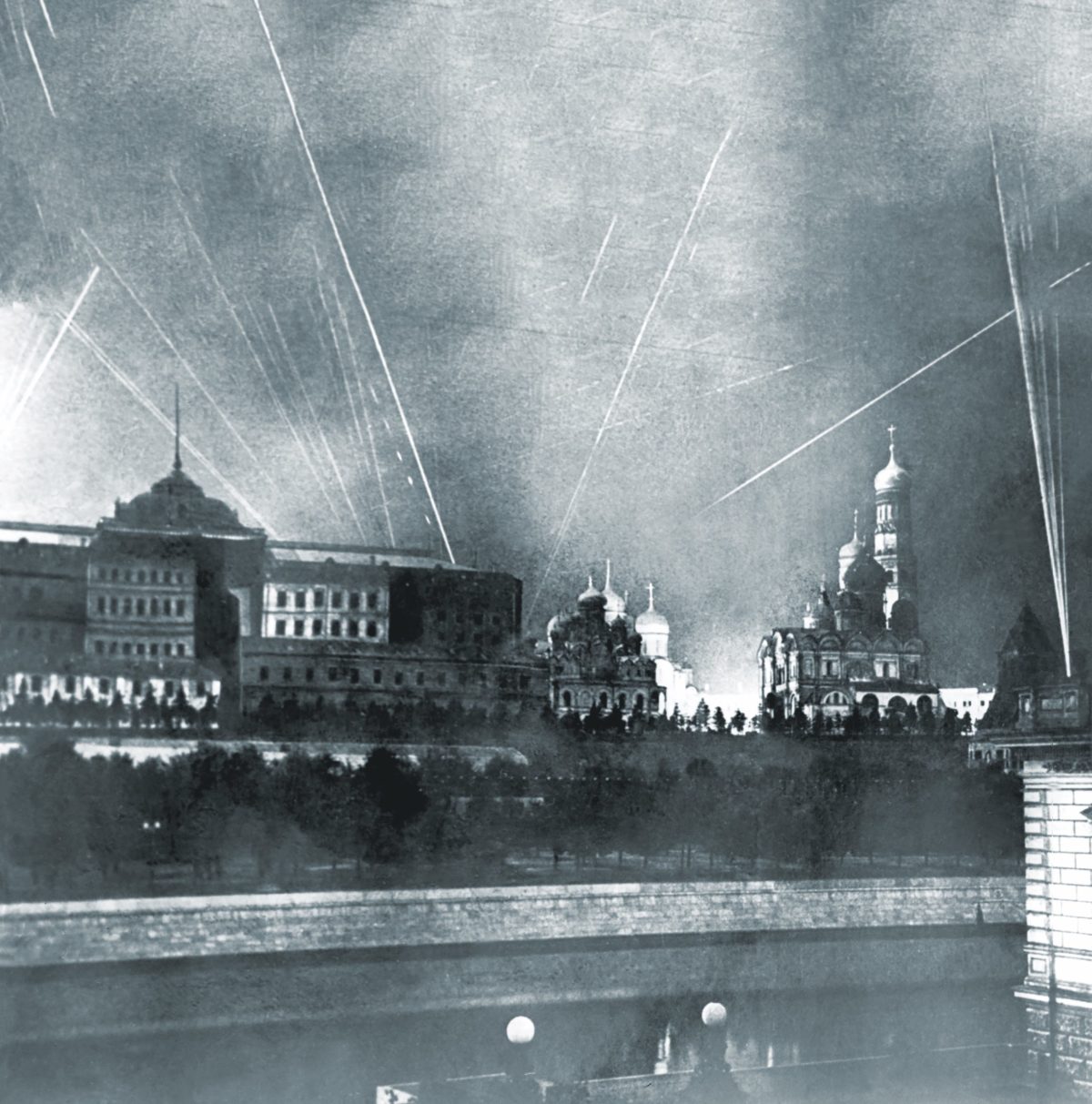

When the German Army Neared Moscow, Millions Fled — But Some Stayed to Fight
HITLER LAUNCHED Operation Barbarossa , the largest military campaign in history, on June 22, 1941. More than three million men invaded the Soviet Union bent on total victory . Hitler had no doubts: Stalin’s armies would be defeated. Moscow would fall within weeks. From the start, his panzers advanced at such a swift rate and destroyed Stalin’s armies with such ease that much of the rest of the world—America and Britain included—shared the same view. By the middle of September, the panzers were more than halfway to their destination, with the Soviet capital just 250 miles ahead.
Soviet dictator Joseph Stalin kept his people in the dark about the threat. A diet of lies and half-truths gave the impression that though the fighting was hard, the “fascist hordes” would inevitably be defeated. But the Kremlin’s ruthless suppression of the truth could not prevent rumors seeping through the protective barrier of the official news channels. By October, these rumors were rife. Moscow was in danger.
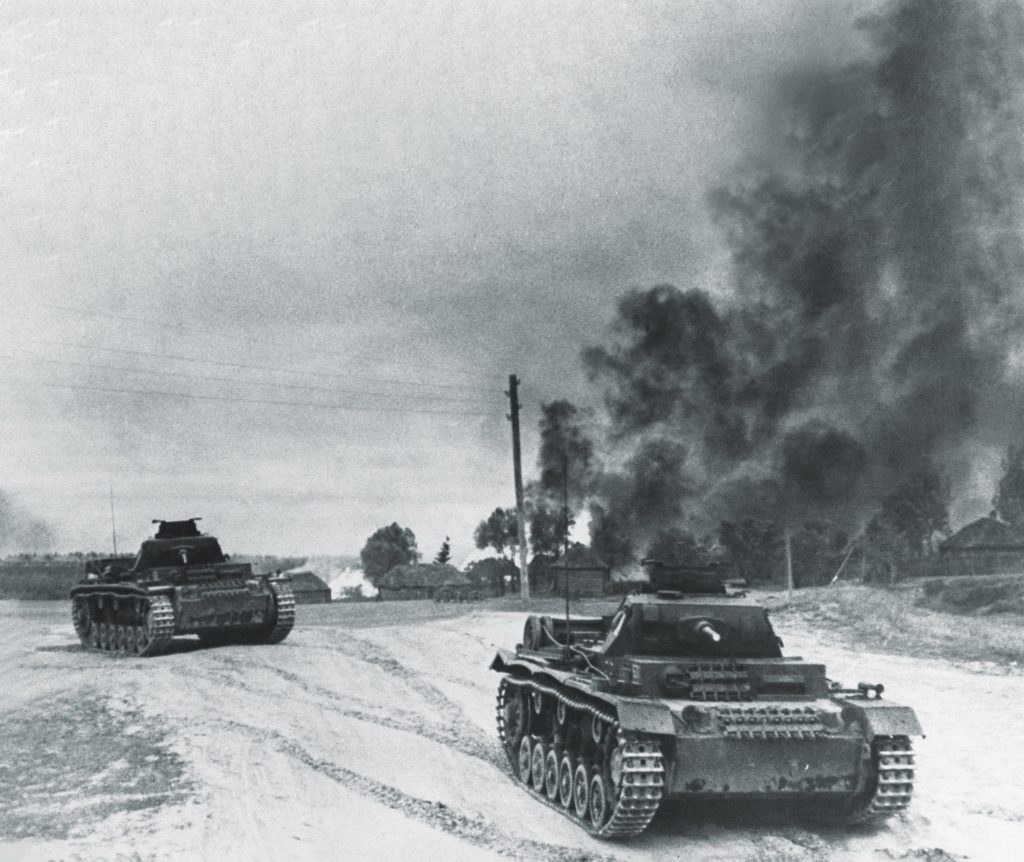
ON OCTOBER 7, 1941 , Peter Miller, a British historian working on a project at the Russian Academy of Sciences in Moscow, noted: “There is a feeling of approaching catastrophe in the air and endless rumours. The mood is particularly bad today.”
Most Russian soldiers at the front, not wishing to alarm their families or fearful of censors, tended to avoid describing the scale of the crisis. But one could not contain himself: “Don’t believe the papers or the radio; the things they say are lies. We’ve been through it all and seen it all, the way the Germans are driving us—our own people don’t know where to run; we’ve nothing to fight with; and when the Germans catch up with us, our men have nothing to escape in. We’ve got no fuel, so they abandon our cars and tanks and run for it.”
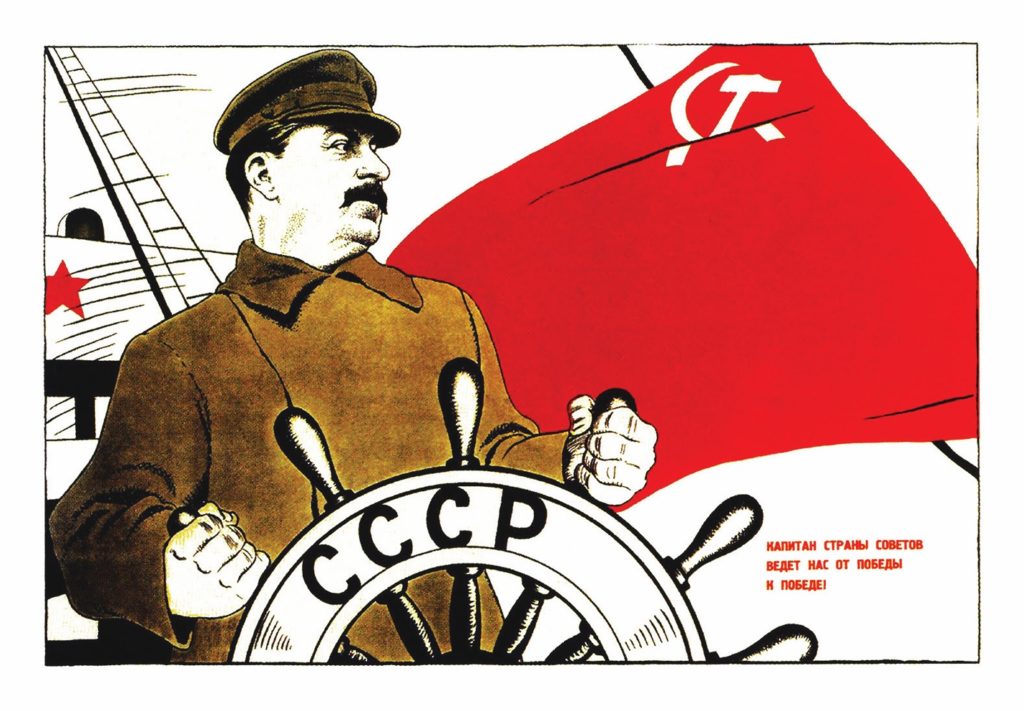
A Communist Party functionary, Victor Kravchenko, witnessed Moscow’s gradual disintegration. “A city, like an individual, can suffer a nervous breakdown,” he recalled. “Trams and autobuses worked in fits and starts. The shops were mostly empty, but people queued up anyhow. Homes and offices were unheated; water and electric service was intermittent and uncertain. For the first time in twenty years I heard cursing of officialdom.”
Fear, deprivation, and a suppressed loathing of the Soviet secret police—the NKVD—and other instruments of a repressive state produced something of a pro-German backlash. Nazi propaganda—intimating the restoration of individual liberties and land ownership once the Jewish-Bolshevik conspiracy had been destroyed—fell on fewer deaf ears than the Party might have hoped. Alexander Osmerkin, an artist, was so confident all would be well under the Nazis that he rebuked a friend who was seeking to leave Moscow before their troops arrived. “Have you gone off your head?” he demanded. “Excuse my crudeness, but who are you running from? Do you really believe our cheap propaganda? They [the Germans] are after all the most cultured people in Europe. I’m sure they won’t persecute people like you and me.” So anxious was he to secure his own future under Nazism that he emptied his apartment of every compromising pamphlet, book, photograph, and “all the rest of the filthy Bolshevik rubbish.”
For the most part, though, even less-than-ardent communists treated the prospect of a Nazi victory with consternation. They disdained the Nazi leaflets that fluttered over the city, courtesy of the Luftwaffe. By implying that Russia would once again flow with milk and honey under the Third Reich’s benign oversight, Nazi propagandists were “signally stupid,” Kravchenko said. Not only was such propaganda “arrogant,” but it made the cardinal error of “confounding love of country with love of Stalin.”
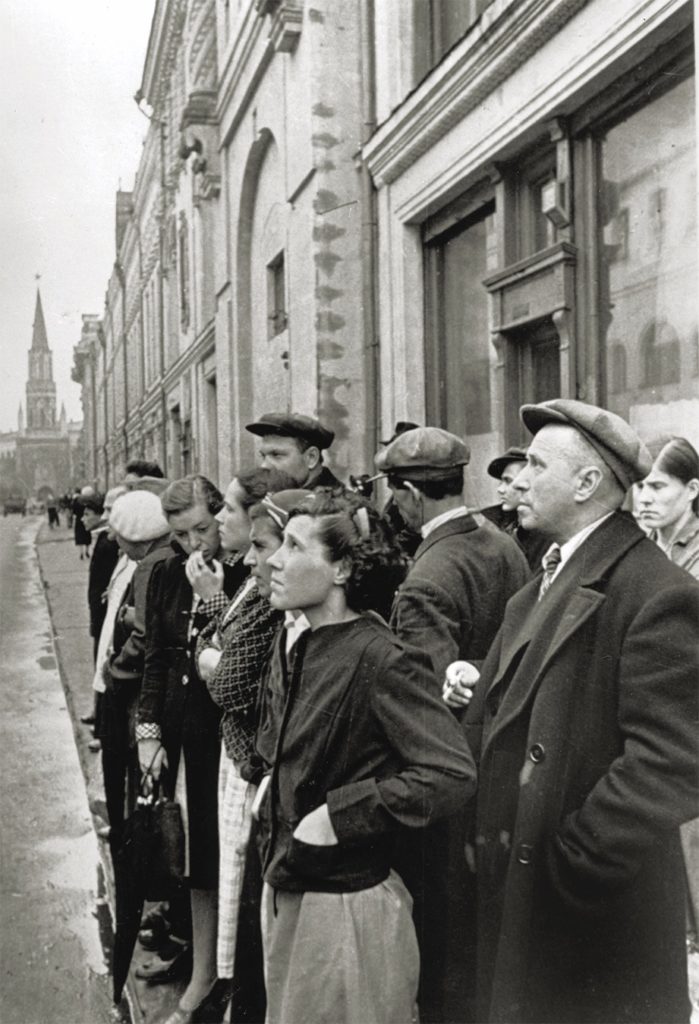
At the end of the first week of October, the Kremlin abruptly decided that the official line could no longer be held. Instead of announcements about hard-fought but inevitable victories against the Nazi hordes, the Red Army newspaper, Red Star , suddenly notified the public that “the very existence of the Soviet State was in danger.” On October 9, the newspaper instructed every Soviet citizen to “stand firm and fight to the last drop of blood” to save the nation. That same day, Pravda , the official Communist Party newspaper, enjoined the people of Moscow “to mobilize all their forces to repel the enemy’s offensive” and, on the following day, more darkly, it warned that the enemy was trying “through the wide network of its agents, spies and agent-provocateurs to disorganize the rear and to create panic.”
Unsurprisingly such admonitions did not achieve the desired effect. By insistently alarming the public with headlines such as “The Homeland is in Grave Danger,” the media simply stimulated more rumors. A friend told Irina Kreuze, a trainee nurse, that the city’s children were being evacuated from Moscow and that the nation’s leaders had left the capital as well. “Whether this is true or not,” she noted, “the government is silent, and that makes the public depressed. People are feeling completely lost. Yesterday I saw a man in the street who was carrying an empty coffin. An old lady who stopped me a few steps away from him said with conviction: ‘What a lucky person he got this coffin for. He is dead and doesn’t have to worry about fighting.’”
TO SABOTAGE THE ENEMY , the first secretary of the Moscow City Committee of the Communist Party, Alexander Shcherbakov, set about creating resistance groups. The NKVD was to control this underground movement, operated by Party cadres drawn from each city district. Shcherbakov, his office walls covered with detailed maps of the city, took a close personal interest in the selection process. Interviewing one candidate, he informed the hapless recruit that Stalin himself had demanded this last-ditch defiance of the enemy. “Do you realize how serious it is?” he demanded. “Yes, I do, Alexander Sergeyevich.” “Do you understand the danger?” “Yes, if I get it wrong, I’ll end up on a German scaffold.”
There were even more pressing priorities: the mammoth task of dismantling many hundreds of plants producing military supplies and transporting them hundreds of miles to the relative safety of the Urals, the Volga Region, Western Siberia, Kazakhstan, or Central Asia, to be reassembled and ready for production within 14 days. Within six weeks, 498 enterprises, along with 210,000 workers, had been transported to one or another of those far-flung destinations. By November, more than 1,500 factories—1.5 million train loads—would be thereby salvaged.
This was only possible because the Party machine was able to commandeer huge numbers of heroically pliable patriots. In just marginally overstated terms, a Pravda journalist described one typical scene: “The earth was like stone, frozen hard by our fierce Siberian frost. Axes and pickaxes could not break the stony soil. In the light of ARC-lamps people hacked at the earth all night. They blew up the stones and the frozen earth, and they laid the foundations. Their feet and hands were swollen with frostbite, but they did not leave work. Over the charts and blueprints, laid out on packing cases, the blizzard was raging. Hundreds of trucks kept rolling up with building materials. On the 12th day, into the new buildings with their glass roofs, the machinery, covered with hoar frost, began to arrive. Braziers were kept alight to unfreeze the machines. And two days later, the war factory began production.”
Plants that could not be dismantled were to be blown up if the panzers swept into the city. Likewise, food stores and refrigeration plants, railway stations, tram and trolleybus depots, and power stations were readied for destruction. Explosive charges were placed under bridges. Nor were the Bolshoi Theatre, the mint, the central telegraph office, or the telephone exchange to be spared. Every significant economic asset was to be smashed beyond use if the Germans breached the city’s defenses.
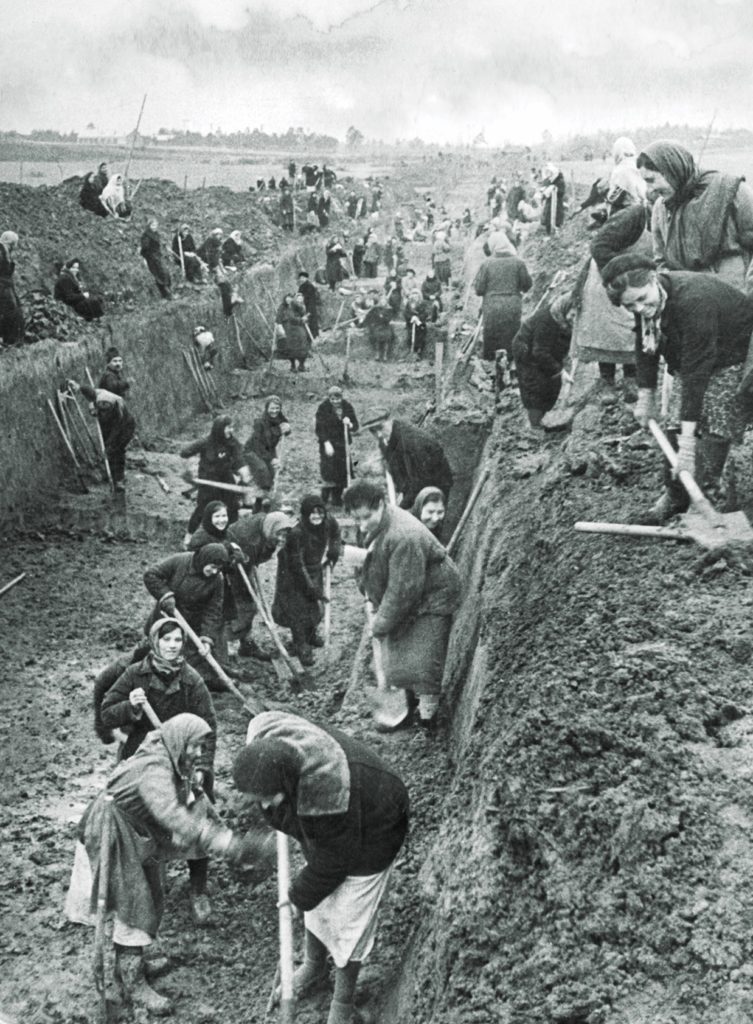
In a last-ditch move to prevent the Ger mans from getting that far, three concentric layers of protection surrounding the city—tank traps, ditches, and barbed wire fences—were ordered built. Six hundred thousand Muscovites obeyed the summons to present themselves for the task armed with spades and, if they possessed them, axes, picks, and crowbars. This ramshackle army of laborers—men and women—worked at a frantic pace for little food in deteriorating weather. Piercing winds and pouring rain intermingled with driving snow, along with a lack of heavy equipment, combined to make their task draining. But they persisted. If patriotism was not enough, they knew that shirking duty was not permitted, and that miscreants would face the full wrath of a punitive state.
Stalin’s favorite general, Georgy Zhukov, was particularly impressed by the female laborers: “I saw thousands and thousands of Moscow women, who were unused to heavy labor and who had left their city apartments lightly clad, work on those impassable roads, in that mud, digging antitank ditches and trenches, setting up antitank obstacles and barricades, and hauling sandbags. Mud stuck to their boots, too, and to the wheelbarrows they used to haul earth, and added an incredible load to shovels that were unfamiliar in women’s hands.”
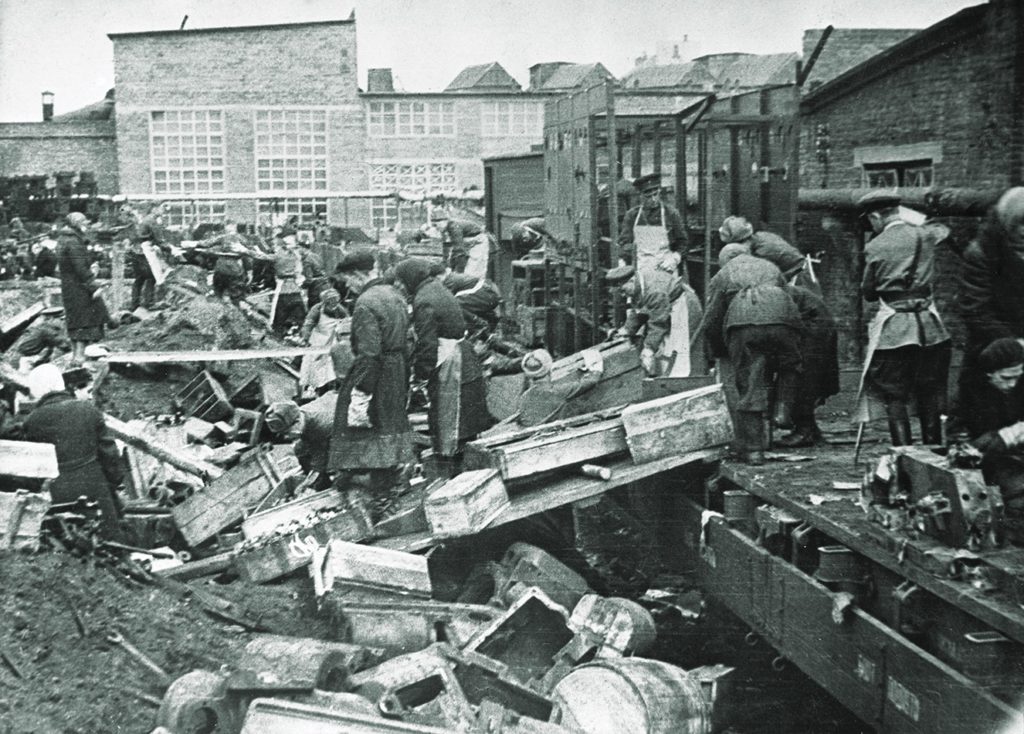
BY OCTOBER 15 , the tension in the capital was palpable. The clump of artillery sounded clearly in the distance. Enemy aircraft droned above. Rumor piled upon rumor: the Germans had reached the outskirts of the city; their spies were disguised as Soviet soldiers; paratroopers had landed in a nearby forest or in Red Square; the panzers would soon be on Gorky Street; the city was about to fall; Stalin had either been deposed or had already left the Kremlin for an unknown destination.
As it happened, the Soviet dictator had been in his Kremlin office since the early hours of that day, locked in meetings with senior members of the Party’s top policymaking body, the Politburo. They agreed that there was no option but to evacuate the government to the city of Kuibyshev (now Samara), 660 miles to the southeast. The British and American ambassadors were summoned to see the foreign minister. Vyacheslav Molotov looked exhausted. “I have never seen him look so tired and ill. He obviously has been up all night, and the decision hurt him terribly as one can see,” the British ambassador, Sir Stafford Cripps, noted. They were told to assemble their things and leave that very night for Kuibyshev. Foreign embassy staff only had time to pack their bags and incinerate any files and papers that might otherwise fall into Nazi hands before hastening to the train station. They found it already clogged with a vast multitude of Russians seeking to escape the capital.
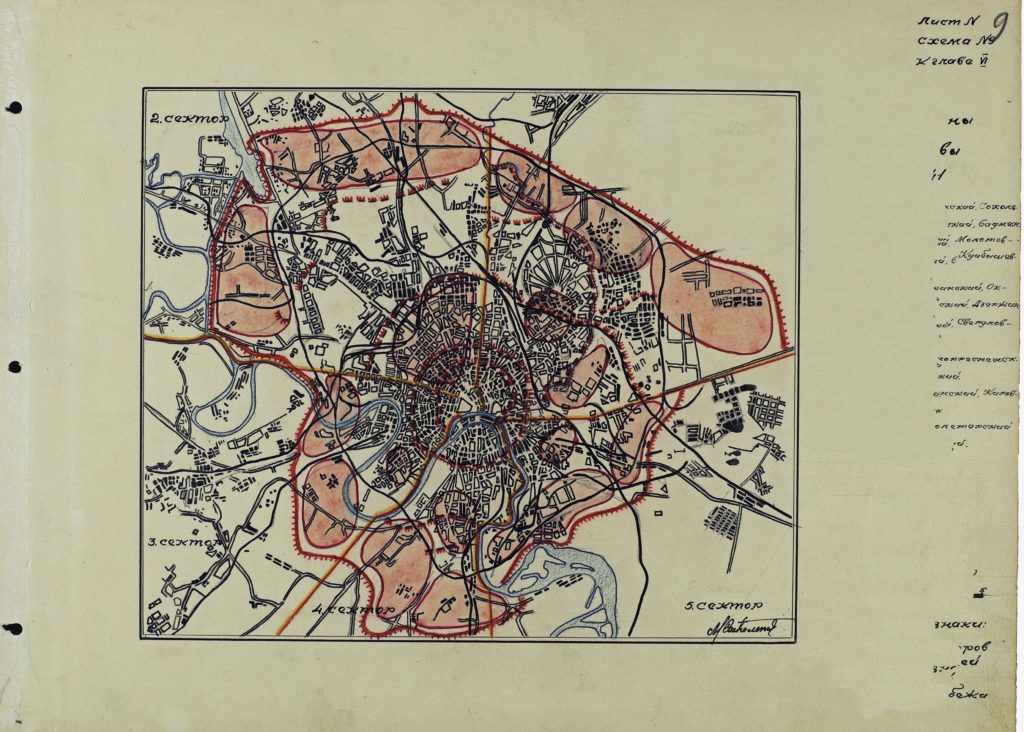
Some members of the Bolshevik elite failed to set the kind of example that might have been expected of good communists. Many did not wait for permits before scrambling to join the exodus. The limousines of senior officials and their families thrust their way through a growing stream of heavily laden horse-drawn carts, peasants herding cattle and sheep, and ordinary citizens demonstrating their trust in officialdom by voting with their feet. A British Embassy official wrote that some of these people “must have been in the last stages of fatigue as we saw many fallen or falling by the wayside. The stream of traffic was continuous both through the night and the next day…with cars hooting and chauffeurs cursing in every direction.”
Not everyone thought of fleeing. Along with a group of fellow students, 20-year-old Andrei Sakharov—later to become a world-famous nuclear physicist and dissident—pushed his way through the throng to Moscow State University to see if he could be of assistance. The local Party secretary gave the students short shrift. “When we asked whether there was anything useful we could do,” Sakharov wrote, “he stared at us wildly and blurted out ‘every man for himself.’” A few days later, the future Nobel Peace Prize winner was himself instructed to leave by rail for Turkmenistan, where the university was to be re-established. He worked almost all the way of the slow, 2,000-mile train journey to Ashkhabad: “I read Yakov Frenkel’s books on quantum mechanics and relativity [and] suddenly achieved new insights into those subjects.”
The already famous composer, Dmitri Shostakovich, was not so sanguine. He had wanted to stay in the besieged city of Leningrad, where he had been serving as a firefighter. In late September, however, he had been instructed to leave his beloved city for the comparative safety of Moscow. No sooner had he arrived than he was once more on the move. On October 16, along with a small army of writers, painters, musicians, and artists, he found himself huddling with his family on the slush-covered platform waiting for the Kuibyshev train. There was a good deal of uncomradely pushing and shoving as Moscow’s cultural elite struggled for places in their designated carriages. Standing with his child’s potty in one hand and a sewing machine in the other, Shostakovich was at a loss. Eventually a place was found for the great man in one of the carriages carrying the Bolshoi Theatre’s props and personnel. Shortly after the train left the station, he realized that he had left two suitcases on the platform— a predicament from which he was only partially saved by the generosity of fellow passengers, who gave him socks and a spare shirt as well as other basic necessities.
Unlike Sakharov, Shostakovich was unable to work on the journey. “As soon as I got on the train, something snapped inside me. I can’t compose just now, knowing how many people are losing their lives,” he was recorded as saying. Nonetheless he managed to complete his famous Leningrad Symphony—Symphony No. 7—10 weeks later.
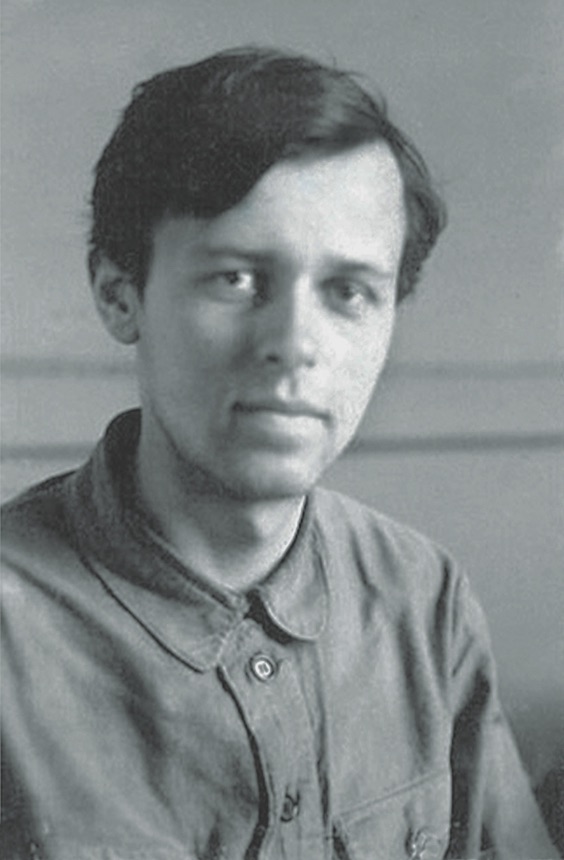
THAT DAY, OCTOBER 16 , became known as the day of the “Great Panic.” Early morning broadcast bulletins advised that the “German-fascist troops” had hurled “against our troops large quantities of tanks and motorized infantry, and in one section broke through our defenses.” Pravda warned that the “Enemy is Threatening Moscow.”
Overnight, communist discipline gave way to social anarchy. One shocked observer, Nikolai Verzhbitsky—a journalist who stuck to the Party line when writing for his newspaper—vented his dismay in the privacy of his diary: “There are fights in the queues, people crushing old folks, there are stampedes in the queues, young people are looting, and policemen hang around sidewalks in groups of two [to] four, having a smoke, saying, ‘We don’t have instructions.’”
It was as though a dam had suddenly been breached, releasing a resentful flood of loathing toward those bosses and Party members who had left their posts without a thought for their workers. Verzhbitsky was bitter and blamed the authorities: “The hysteria above reached down to the masses. They began to remember and count up all the insults, repression, injustices, pressure, bureaucratic machinations of officialdom, contempt and self-puffery of Party members, Draconian orders, deprivations, systematic deception of the masses, the newspapers braying self-congratulations. It is terrible to hear. People speak from the heart. Can a city really hold out when it’s in such a mood?”
For a while, it looked as though it would not. In their anger and resentment, normally law-abiding citizens turned to mob violence. Some not only sought vengeance but found convenient scapegoats. There was an ugly outbreak of anti-Semitism—the very existence of which the Party vehemently denied, but which had long lurked beneath the surface of popular sentiment. Nor was it confined to the mob. From time to time, loyal communist cadres, incensed by peers who had fled, gave vent to similar feelings.
As a college administrator, it might have been presumed that V. Voronkov did not share such prejudices, but he was outraged on the day of the “Great Panic” when “a crowd of Jewish ‘teachers’ burst into my office in the morning, as well as graduate students, researchers, employees and librarians. Their lips were trembling, they were all white, the scoundrels. They had been very happy to be making two thousand a month. They were demanding that I sign their papers for evacuation. I turned them down; I was disgusted by this herd of short-legged fat faces.” He directed rage, too, at colleagues who had already deserted the institution: “The director stole the car, chairs of departments left their doors open, with all the students’ papers, unfinished paperwork. Scoundrels, cowards.”
By now even basic foodstuffs were scarce. On one occasion Voronkov spent an entire day waiting in a series of food lines, which he described as “as long as giant pythons and angry like a hundred hyenas.” It took him two and a half hours to buy a couple of pounds of bagels; three hours for one pound of meat; and, after an even longer time waiting for butter, he was exasperated when the shop ran out entirely “because of damned women who produced 12-15 ‘workers’ cards and took 2-3 kilos [about four to seven pounds] each. I was ready to bite people.”
The Soviet regime’s inability to communicate with its subjects except in language bound to deepen anxiety and distrust was cruelly exposed. Alexei Shakhurin, commissar for the aviation industry, was taken aback when a group of workers—ordered to find their own way to their reassembled factory in the Urals—told him that they had neither been paid nor advised how to find homes, buy food, or educate their children so far from Moscow. Shakhurin did his best to reassure them, but insisted that the priority was to get the new planes built. No one contradicted him, but one woman, distraught to the point of tears, came up to him, crying out: “We thought everyone had left, and you’d abandoned us!” Shakhurin raised his voice above the hubbub: “If you mean the government and the military, then no one has left. Everyone is here. Everyone is at his post, but we are sending the factories to places where they will be able to go on producing modern aeroplanes for our army.” This evidently calmed the atmosphere.
Anastas Mikoyan, the Politburo member charged with overseeing the relocation of key industries, was another minister to brave the workers’ wrath while attempting to quell unrest. At a car factory named after Stalin, he found the director and a senior trade union official having a furious argument with a crowd of several thousand angry employees. When they saw Mikoyan, the workers turned on him, demanding: “Why has the government run away?” Mikoyan tried to soothe them. “Stalin and Molotov are both here,” he explained, “The ministries have left because the front line has come close to Moscow. Now you must be calm. Please stop attacking the director and go home.” Reassured at last, the crowd dispersed.
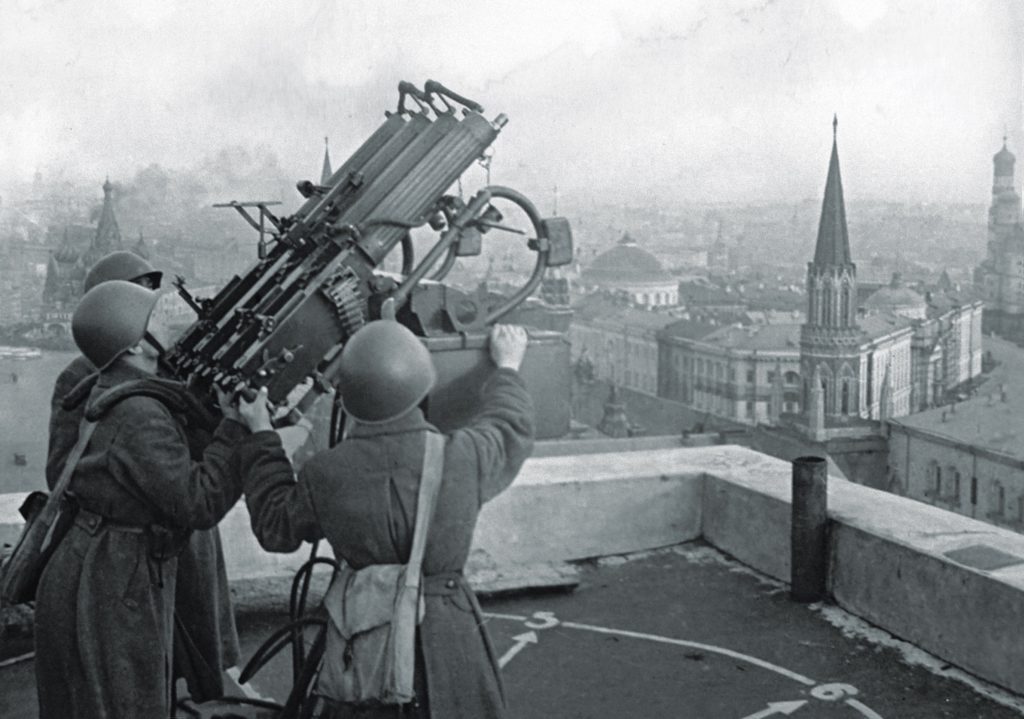
IN THE IMMEDIATE AFTERMATH of the panic, Stalin had been advised to leave Moscow. Instead, he took up residence in the bomb-proof security of a Metro station, where an office and living quarters had been prepared for him in a set of cubicles sealed off from public gaze. Meanwhile, on the assumption he would leave the capital, his team readied a special train to take him to Kuibyshev, where a facsimile of his Kremlin apartment had been assembled in an underground bunker near the banks of the Volga. Four Douglas DC-3 aircraft were on standby in case he preferred to get there by air. But, at some point during those critical hours, the Soviet Union’s commander in chief made it clear that he would remain in Moscow.
On October 19, Stalin firmly moved to restore discipline, placing the capital under a “state of siege.” The public was reminded that “violators of order will be quickly brought to answer before the court of the military tribunal, and provocateurs, spies, and other enemy agents attempting to undermine order will be shot on the spot.” That was not an idle threat. The NKVD was handed the task not only of defending the city from the enemy but also its own citizens. One of its members, Mikhail Ivanovitch—a sharpshooter charged with defending the Kremlin’s Spassky Gate from a perch on the second floor of the GUM Department store—did not hesitate: “It was necessary, absolutely necessary, to establish order. And yes, we did shoot people who refused to quit shops and offices where food and other goods were stored.”
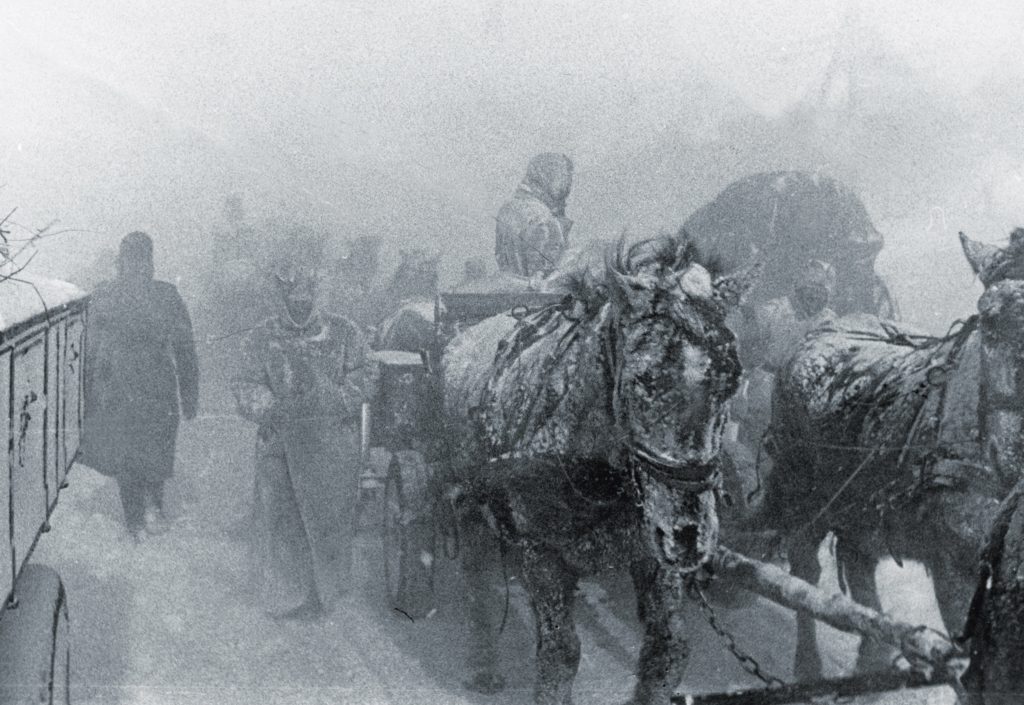
It was merciless but it worked. Irina Krauze was much relieved. On October 20, she noted: “Order is being restored: enterprises are working, police are very focused on checking passports, [and] there is a bit of food in the shops. The newspapers write about the trial of a group of panic-mongers and deserters.”
Chaos and lawlessness did not abate overnight, but within days Stalinist order was restored. The city did not run out of food, shops and kiosks reopened, workers were paid, trams and trains began running more or less on time, and theaters and cinemas reopened.
That did not mean, though, that the capital felt secure. The enemy was still closing in. But as autumn turned to winter, the Germans’ progress was tortuous, grueling, and blood-soaked. The troops slogged forward in worsening weather. Constant rain turned roads into glutinous quagmires. And when snow arrived, the temperature fell to 20 degrees below zero. For lack of adequate clothing, thousands of German troops succumbed to frostbite. Many died.
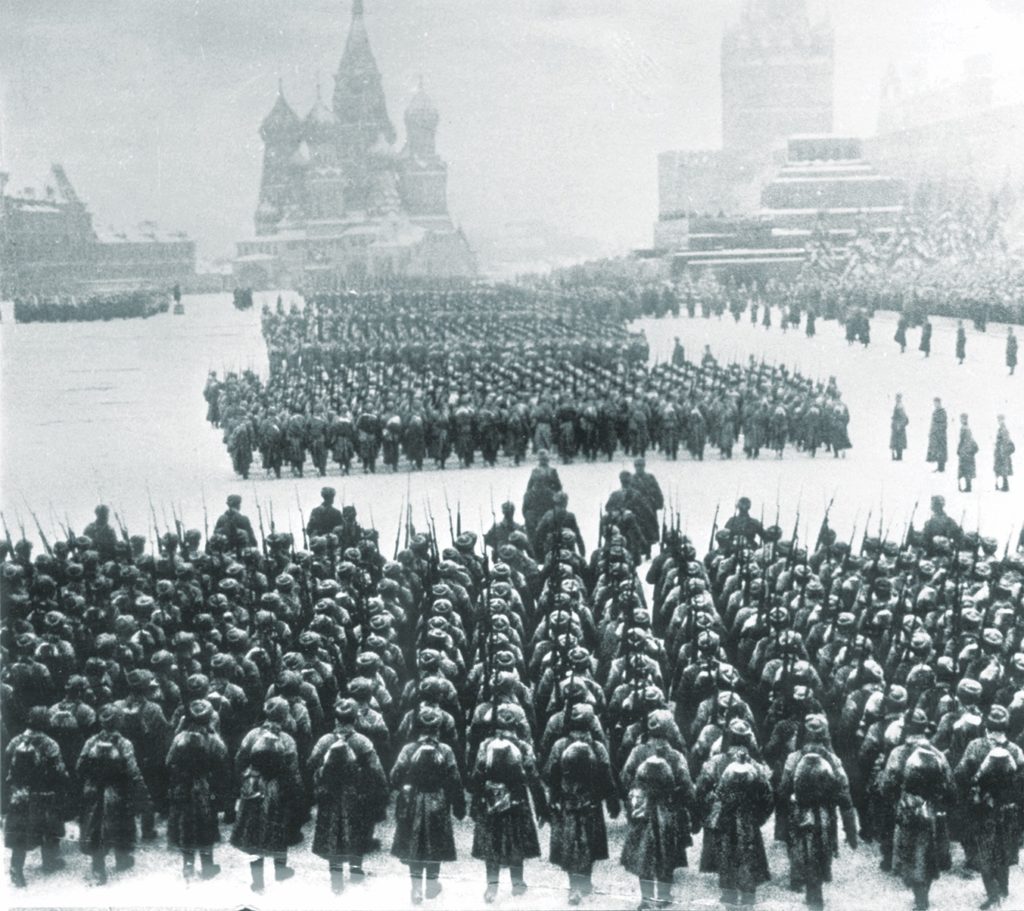
The weather’s effects were not the cause of the crisis facing Hitler’s frontline commanders, however, but a symptom. By November they faced a critical shortfall in armor, trucks, spare parts, and fuel. They were also losing men—killed, wounded, or taken prisoner—at an alarming rate. Hitler’s hubris had concealed a catastrophic failure of forethought, planning, and logistical organization. Moreover, the closer the Germans got to Moscow, the more desperately the Red Army fought. Coercion played its part—“cowards” were executed in droves—but for the most part Stalin’s men and women fought with the fanatical resolve of patriots who knew that the Motherland’s survival was at stake. That for Russia, it was “do or die.”
It is possible that a few German soldiers caught a glimpse of the Moscow skyline in the far distance, but their panzers never got closer than 20 miles from the city. By early December, after five months, three weeks, and six days, Operation Barbarossa reached its fateful terminus. Retreat became inevitable. Moscow would not be threatened again. ✯
this article first appeared in world war II magazine
Related stories

Portfolio: Images of War as Landscape
Whether they produced battlefield images of the dead or daguerreotype portraits of common soldiers, […]

Jerrie Mock: Record-Breaking American Female Pilot
In 1964 an Ohio woman took up the challenge that had led to Amelia Earhart’s disappearance.

An SAS Rescue Mission Mission Gone Wrong
When covert operatives went into Italy to retrieve prisoners of war, little went according to plan.
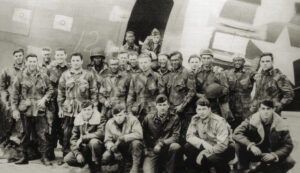
Could These American Paratroopers Stop the Germans from Reaching Utah Beach on D-Day?
The peaceful French countryside around La Fiere Bridge erupted into a desperate firefight on June 6, 1944.
Home — Essay Samples — Geography & Travel — Travel and Tourism Industry — The History of Moscow City
The History of Moscow City
- Categories: Russia Travel and Tourism Industry
About this sample

Words: 614 |
Published: Feb 12, 2019
Words: 614 | Page: 1 | 4 min read


Cite this Essay
Let us write you an essay from scratch
- 450+ experts on 30 subjects ready to help
- Custom essay delivered in as few as 3 hours
Get high-quality help

Prof. Kifaru
Verified writer
- Expert in: Geography & Travel

+ 120 experts online
By clicking “Check Writers’ Offers”, you agree to our terms of service and privacy policy . We’ll occasionally send you promo and account related email
No need to pay just yet!
Related Essays
6 pages / 2662 words
6 pages / 3010 words
2 pages / 1057 words
4 pages / 2143 words
Remember! This is just a sample.
You can get your custom paper by one of our expert writers.
121 writers online
Still can’t find what you need?
Browse our vast selection of original essay samples, each expertly formatted and styled
Related Essays on Travel and Tourism Industry
Travelling is a topic that has been debated for centuries, with some arguing that it is a waste of time and money, while others believe that it is an essential part of life. In this essay, I will argue that travelling is not [...]
Travelling has always been an exhilarating experience for me, and my recent trip to Rome was no exception. The ancient city, with its rich history and breathtaking architecture, left a lasting impression on me. It was a journey [...]
Traveling is an enriching experience that allows individuals to explore new cultures, meet people from different backgrounds, and broaden their perspectives. In the summer of 2019, I had the opportunity to embark on an amazing [...]
Traveling has always been a significant part of my life. From a young age, I have been fortunate enough to explore different cultures, experience new traditions, and immerse myself in the beauty of our world. My passion for [...]
When planning a business trip all aspects and decisions rely heavily on the budget set by the company for the trip. Once Sandfords have confirmed the location careful consideration should be used to choose the travel method and [...]
Place is one of the most complicated issues in geographical studies. Place refers to both sides of human and physical geography. There is not clear understand about the place and sometimes refer to local, area, point, region, [...]
Related Topics
By clicking “Send”, you agree to our Terms of service and Privacy statement . We will occasionally send you account related emails.
Where do you want us to send this sample?
By clicking “Continue”, you agree to our terms of service and privacy policy.
Be careful. This essay is not unique
This essay was donated by a student and is likely to have been used and submitted before
Download this Sample
Free samples may contain mistakes and not unique parts
Sorry, we could not paraphrase this essay. Our professional writers can rewrite it and get you a unique paper.
Please check your inbox.
We can write you a custom essay that will follow your exact instructions and meet the deadlines. Let's fix your grades together!
Get Your Personalized Essay in 3 Hours or Less!
We use cookies to personalyze your web-site experience. By continuing we’ll assume you board with our cookie policy .
- Instructions Followed To The Letter
- Deadlines Met At Every Stage
- Unique And Plagiarism Free
Join Now to View Premium Content
GradeSaver provides access to 2359 study guide PDFs and quizzes, 11005 literature essays, 2763 sample college application essays, 926 lesson plans, and ad-free surfing in this premium content, “Members Only” section of the site! Membership includes a 10% discount on all editing orders.
Sam Shepard’s Authentic West Anonymous College
Growing up on a dusty ranch in rural California, a young Sam Shepard was accustomed to a hardened and seemingly fabled nature of the American West, one that seemed to breathe the kind of utter wildness one might only think imaginable in a John Wayne film. Even before he was widely known as one of the greatest playwrights of his generation, Shepard spent the freedom of his adolescent days placing for blue ribbons on cattle roping teams at local rodeos. “The first team roping that I won gave me more of a feeling of accomplishment and pride of achievement than I ever got winning the Pulitzer Prize”, Shepard testified in a 1984 interview, “there’s more drama that goes down in a rodeo than one hundred plays you can go to see. It’s a real confrontation, a real thing going on. With a real audience, an actively involved audience. You should go to a couple of rodeos after you go to the theatre.”[1] Shepard’s westerly upbringing grounded his earliest perceptions of entertainment and performance, perceptions which most likely influenced the bleak poetics of his nearly-surrealist black comedies, narratives that feature rootless characters who live on the outskirts of American society.
Specifically, in Shepard’s 1980 masterpiece, True West ,...
GradeSaver provides access to 2351 study guide PDFs and quizzes, 11005 literature essays, 2759 sample college application essays, 926 lesson plans, and ad-free surfing in this premium content, “Members Only” section of the site! Membership includes a 10% discount on all editing orders.
Already a member? Log in

IMAGES
COMMENTS
The desert is where the real West exists, the West as imagined by the American consciousness. The desert is where all the legends live, where all the mythic stories we have written for ourselves have been played out. The suburbs afford safety, but a very antiseptic one. The desert, on the other hand, offers danger and chaos.
Dive deep into Sam Shepard's True West with extended analysis, commentary, and discussion. ... Mark Twain's essay, "Fenimore Cooper's Literary Offenses (1895)," is a classic example of the ...
True West study guide contains a biography of Sam Shepard, literature essays, quiz questions, major themes, characters, and a full summary and analysis. True West essays are academic essays for citation. These papers were written primarily by students and provide critical analysis of the play True West by Sam Shepard.
The Nature of Myth. As critic Frank Rich pointed out in his New York Times review of the original Off-Broadway production of Shepard's play, " True West is a worthy direct descendant of Mr ...
True West is the second of a series of plays, starting with Curse of the Starving Class (pb. 1976), that break from Sam Shepard's earlier nonrepresentational works such as The Tooth of Crime (pr ...
Analysis of Sam Shepard's True West Essay. The American dream influences the minds of the young Americans during the decades, and this idea can affect people's dreams, intentions, and life goals along with their vision of the sense of living. In his True West (1980), Sam Shepard presents his vision of the American dream's role in ...
True West study guide contains a biography of Sam Shepard, literature essays, quiz questions, major themes, characters, and a full summary and analysis. True West essays are academic essays for citation. These papers were written primarily by students and provide critical analysis of the play True West by Sam Shepard.
True West Summary. These notes were contributed by members of the GradeSaver community. We are thankful for their contributions and encourage you to make your own. Written by people who wish to remain anonymous. Austin is at his mother's house 40 miles east of Los Angeles. He is house-sitting while she is away on vacation, and taking the ...
Start your 48-hour free trial to unlock this study guide. You'll also get access to more than 30,000 additional guides and more than 350,000 Homework Help questions answered by our experts.
From a general summary to chapter summaries to explanations of famous quotes, the SparkNotes True West Study Guide has everything you need to ace quizzes, tests, and essays.
This is an American play written by Sam Shepard. The play seems to be more of a traditional narrative inspired by American life and culture. The play is about contention between two brothers, Lee and Austin, who get reconnected after a period of separation. The younger brother, Austin, acts as a Hollywood screenplay-writer while Lee returns ...
Red Square (Russian: Красная площадь, romanized: Krasnaya ploshchad', IPA: [ˈkrasnəjə ˈploɕːɪtʲ]) is one of the oldest and largest squares in Moscow, the capital of Russia.It is located in Moscow's historic centre, in the eastern walls of the Kremlin.It is the city's most prominent landmark, with famous buildings such as Saint Basil's Cathedral, Lenin's Mausoleum and the ...
Study Guide for True West. True West study guide contains a biography of Sam Shepard, literature essays, quiz questions, major themes, characters, and a full summary and analysis. True West essays are academic essays for citation. These papers were written primarily by students and provide critical analysis of the play True West by Sam Shepard.
As 1941's Operation Barbarossa progressed, residents of the Soviet capital fled—or stayed behind to fight. Soviet antiaircraft fire and searchlights punctuate the night sky over Moscow. Fear built below, leading to the October 16, 1941, day of the "Great Panic." (Naum Granovsky/TASS via Getty Images)
Discussion of themes and motifs in Sam Shepard's True West. eNotes critical analyses help you gain a deeper understanding of True West so you can excel on your essay or test. Select an area of the ...
The History of Moscow City. Moscow is the capital and largest city of Russia as well as the. It is also the 4th largest city in the world, and is the first in size among all European cities. Moscow was founded in 1147 by Yuri Dolgoruki, a prince of the region. The town lay on important land and water trade routes, and it grew and prospered.
Join Now Log in Home Literature Essays True West Sam Shepard's Authentic West True West Sam Shepard's Authentic West Anonymous College. Growing up on a dusty ranch in rural California, a young Sam Shepard was accustomed to a hardened and seemingly fabled nature of the American West, one that seemed to breathe the kind of utter wildness one might only think imaginable in a John Wayne film.
At the COP26 UN climate change summit that ended last week, Russia was noted mainly for President Vladimir Putin's decision not to attend in person. Much less reported was the fact that Russia sent a large delegation—312 people—to Glasgow: more than the host country itself, and twice as many as the United States.
True West Full Play Summary. Austin, a neatly dressed screenwriter, house-sits for his mother in southern California while working on a screenplay. His brother, Lee, a scruffy drunk, arrives to the house and pesters Austin. Lee is not there for house-sitting, however, but for stealing. Lee's only interest at first is to rob the houses in his ...
In-depth Facts: Date of publication First performed July 10, 1980, at the Magic Theater in San Francisco; first published in July 1981. Publisher Bantam Books. Tone While the play is very violent and serious, it is infused with a hefty degree of the absurdly comic. Tense Present, with no flashbacks or flash-forwards. Setting (time) The present.